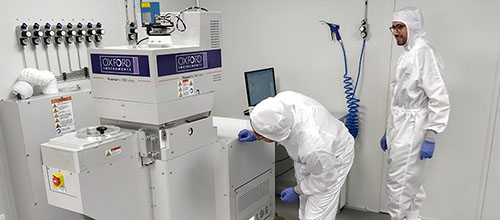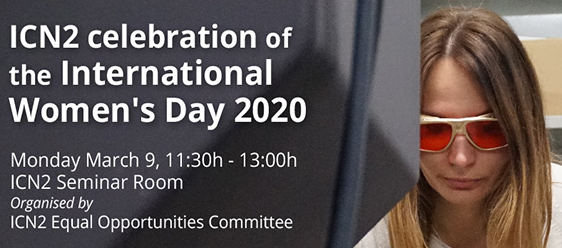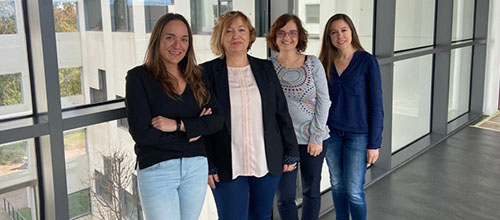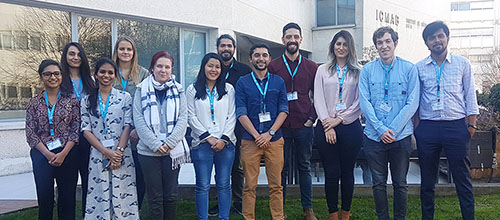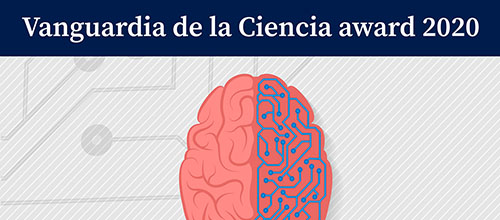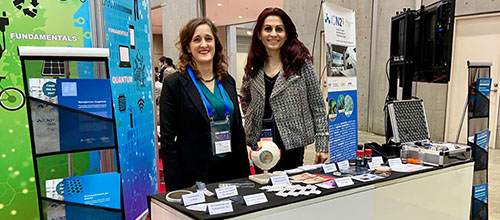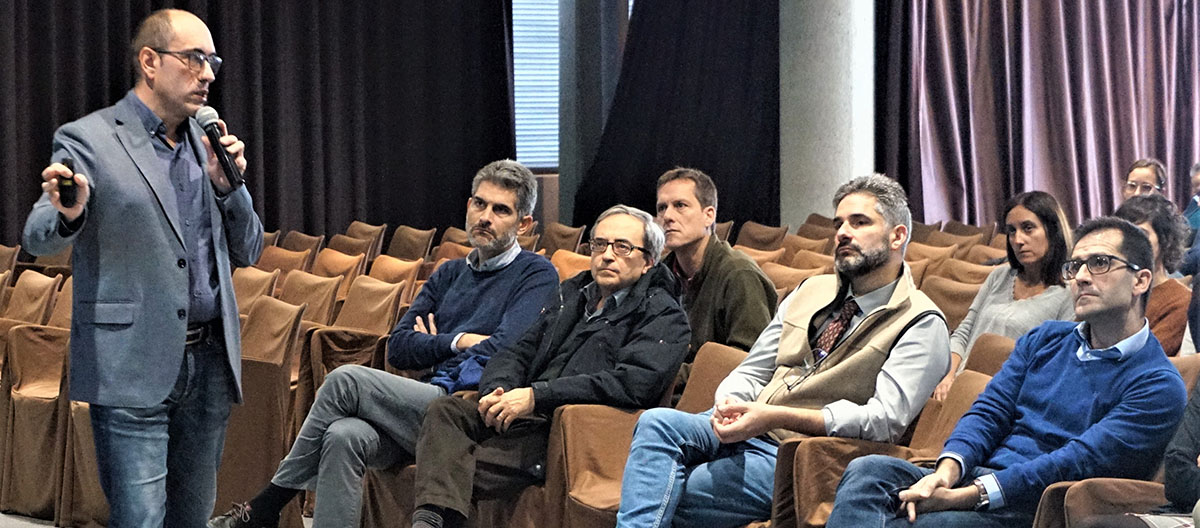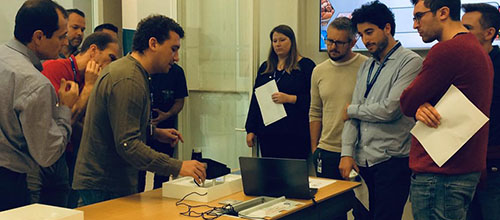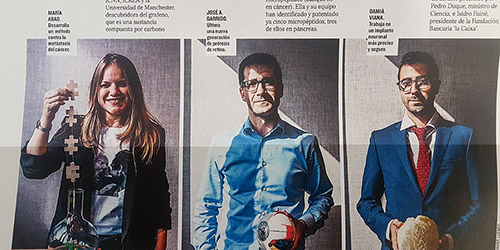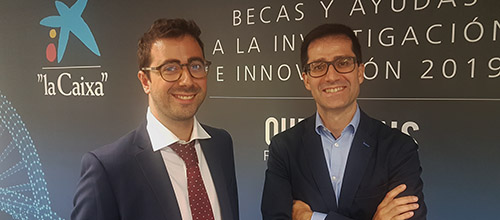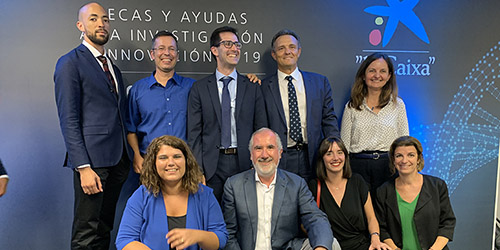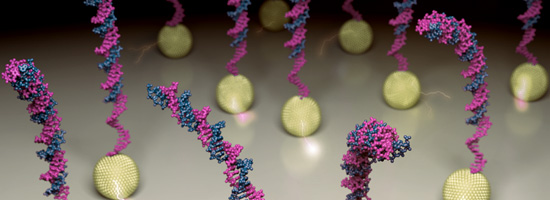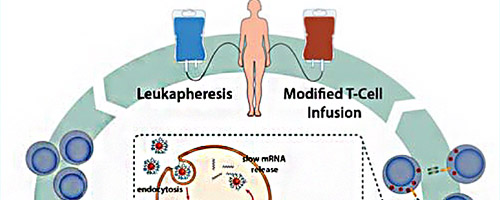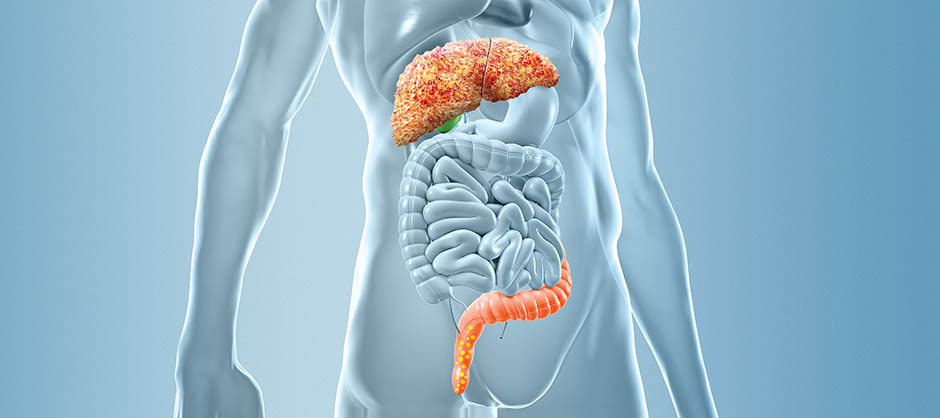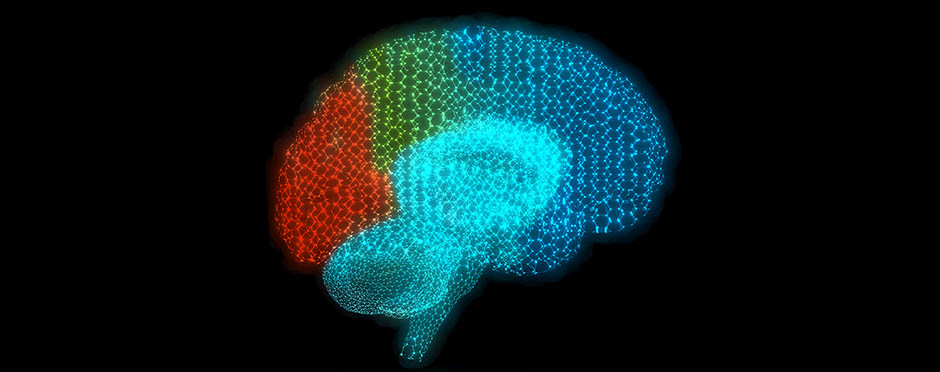Severo Ochoa Programme 2018-2022 Health NEWS
Our Partner:
https://royalreelspokies.live/ - Royal Reels Australia. Казино Вавада открывает доступ к игровой платформе через официальный сайт Vavada. Быстрая регистрация в
Вавада казино, щедрые бонусы и регулярные турниры с призовым фондом!
Tuesday, 17 March 2020
Since last week the ICN2 has adapted its activity level to the quickly evolving context caused by the COVID-19 disease spread. As per today, only very few ICN2 members are allowed to enter the ICN2 facilities, including the research Group led by Prof. Laura Lechuga who is leading the CONVAT project to design a tool to diagnose COVID-19. Most of the personnel will remain active working, contributing to fight this spreading disease by following the indications published by authorities as well as through research.
Wednesday, 11 March 2020
On the occasion of the International Women’s Day, on March 9 the ICN2 hosted an event to discuss about gender balance in research and present the Equal Opportunities and Diversity Management Plan II, which was launched in 2019 and will extend up to 2022.
Friday, 06 March 2020
The CONVAT project, led and coordinated by Prof. Laura M. Lechuga, CSIC Research Professor at the Catalan Institute of Nanoscience and Nanotechnology (ICN2), will develop a point-of-care platform for rapid diagnosis and monitoring of coronavirus. The biosensor device will also allow the analysis of different types of coronavirus present in reservoir animals, such as bats, to monitor the evolution of these viruses and prevent future infectious outbreaks in humans.
Tuesday, 11 February 2020
ICMAB coordinates CSIC’s DOC-FAM excellence DOCtoral training programme in Functional Advanced Materials, which is providing excellent doctoral students to collaborator institutions such as the ICN2. The predoctoral students hired in the second call of this H2020-MSCA-COFUND action offered a short presentation about their research and personal objectives. Two of them, Alejandro Astúa and Alejandro Astúa work at the ICN2 and were supported by their group leaders, Prof. Laura Lechuga and Prof. Pedro Gómez, respectively.
Monday, 10 February 2020
This liver cancer is the most common and is in need of new therapeutic approaches. A long-term collaboration between IDIBAPS and ICN2, led by Prof. Wladimiro Jiménez and Prof. ICREA Víctor F. Puntes, has demonstrated that the administration of cerium oxide nanoparticles in a rat animal model can compete with the best currently available treatments. The Research published in Hepatology shows that human tissues also absorb and retain the nanoparticles, making them a potential and promising new drug strategy.
Tuesday, 04 February 2020
La Vanguardia has selected the brain-computer interfaces designed by the ICN2 and IMB-CNM-CSIC, with a long list of close collaborators, among the candidates to win its prestigious award Vanguardia de la Ciencia. Help us disseminate the fight against epilepsy, migraine or brain damage with nanotechnology. The winner will be one of the 8 candidates that will be selected through popular vote.
Tuesday, 28 January 2020
Together with CERCA and CSIC the ICN2 will have a central role at the Spanish Pavilion of the Nanotech 2020 starting tomorrow. With over 350 exhibitors, this event is a huge meeting point for industry and academic institutions. The event is sided by the 1&2D materials congress, starting today, a Japan-Albania-Spain workshop, to be held tomorrow and organized by ICREA Prof. Arben Merkoçi and Phantoms Foundation, and a visit to RIKEN headquarters.
Tuesday, 17 December 2019
Two former ICN2 PhD students, Dr Bhawna Nagar and Dr Núria Fabri Faja, have been granted the CERCA Pioneer Award 2019 for their doctoral theses. The prize is a recognition for research works that stand out for their industrial- and commercial-oriented perspective.
Tuesday, 19 November 2019
On November 15, a special event was organized to present to the whole ICN2 community the new directions and opportunities provided by the second Severo Ochoa Programme. The event was organized by the ICN2 Management and the Strategy Development Office, together with the Severo Ochoa Programme Committee.
Monday, 28 October 2019
Dr Ruslan Álvarez, from the ICN2 Nanobioelectronics and Biosensors Group, and Dr Cinzia Spinato, from the ICN2 Business and Innovation Office, are participating in the Marketplace being held at Modena by Tetra Pak and the Graphene Flagship. They are presenting an intuitive, eco-friendly, portable sensing system to screen for different compounds found in food and environmental samples.
Tuesday, 17 September 2019
ICREA Prof. Jose Antonio Garrido, head of the ICN2 Advanced Electronic Materials and Devices Group, and Damià Viana, PhD student of the same Group, received a “la Caixa” Health Research Grant and a CaixaImpulse Grant, respectively. Both initiatives seek to develop new graphene-based neural interfaces for clinical applications and received broad media coverage in the context of the awards ceremony celebrated yesterday.
Monday, 16 September 2019
The selected InBrain Technologies project is led by Damià Viana, PhD student from the ICN2 Advanced Electronic Materials and Devices Group. CaixaImpulse is an acceleration programme that helps early stage biomedical research projects to validate their asset and define their valorisation plan. The programme aims to facilitate the leap from basic research to the market.
Monday, 16 September 2019
“La Caixa” Foundation has announced today the winners of the second edition of “la Caixa” Health Research Grants. IFAE, ICFO, Barraquer Foundation and Institut de la Vision (University of Sorbonne) are the partner institutions forming the i-VISION research consortium led by the ICN2 and awarded with 1 million euros. The three-year project will design the next generation of retinal prostheses using graphene-based electrodes to provide artificial vision to patients blinded by retinal degeneration.
Monday, 18 March 2019
The proposed nanobiosensor developed by ICN2 Nanobioelectronics and Biosensors Group led by ICREA Prof. Arben Merkoçi and Vetgenomics takes advantage of the high sensitivity achieved when using gold nanoparticles in the sensing surface. The sensor integrates DNA amplification and detection, which is of high interest for human, veterinarian and plant diagnostics. The results have been published in Analytical Chemistry.
Wednesday, 06 March 2019
Today and tomorrow the European project HISENTS, which designs a platform to predict the potential toxicity of new nanomaterials on different biological aspects, is celebrating its closing meeting at the ICN2.
Tuesday, 05 March 2019
Selected by the European Commission through the EuroNanoMed programme, this project aims to improve CAR T cell therapy using messenger RNA (mRNA). Its aim is to make the therapeutic effect more sustained thanks to gold nanoparticles that will control the release of mRNAs. The project is coordinated by the ICN2 and has the experience of Hospital Clínic de Barcelona - IDIBAPS, IRCCS - Istituto di Ricerche Farmacologiche "Mario Negri" in Milan and Tel Aviv University in Tel Aviv.
Friday, 01 February 2019
22 European institutions join forces to tackle end-stage liver disease and liver failure with personalised microbiome-based treatment strategies. ICN2 is a relevant technological partner of the project taking care of the development of cutting edge nanobiosensors coupled with smartphones for the disease diagnostic.
Friday, 18 January 2019
The year 2019 started with a work in Nature Materials describing how researchers in Barcelona have developed a graphene-based implant able to record electrical activity in the brain at extremely low frequencies and over large areas. This work led by the ICN2 and the IMB-CNM, CSIC was also participated by IDIBAPS, CIBER-BBN and ICFO.
Wednesday, 02 January 2019
Researchers in Barcelona have developed a graphene-based implant able to record electrical activity in the brain at extremely low frequencies and over large areas, unlocking the wealth of information found below 0.1 Hz. The prototype was developed at the Barcelona Microelectronics Institute (IMB-CNM, CSIC) and the Catalan Institute of Nanoscience and Nanotechnology (ICN2, a BIST and CSIC centre), and was adapted for brain recordings in collaboration with the August Pi i Sunyer Biomedical Research Institute (IDIBAPS). Published in Nature Materials, the groundbreaking technology promises to enhance our understanding of the brain and pave the way for the next generation of brain-computer interfaces.
Friday, 21 December 2018
ICN2 researchers published in ACS Sensors an affordable method for bacteria detection useful for hospital on-site testing and as a clinical point-of-care (PoC) device. Real patient samples were analysed in a hospital setting using a simple one-step process with sample-to-data turnaround time of 40 min. The work was developed within the H2020 European project RAIS.
